Managing for Results
11. Evaluation Resources
Does the state invest at least 1% of program funds in evaluation capacity?
Minnesota
Leading Example
A 2019 law created Minnesota’s Opiate Epidemic Response grant program. Minnesota Management and Budget’s FY22 budget includes $300,000 (approximately 1% of the agency budget) to conduct experimental and quasi-experimental impact evaluations for opiate epidemic response grant activities. In addition, Minnesota’s Statewide Health Improvement Partnership (SHIP), administered by the Department of Health, provides tens of millions of dollars in grants annually to communities for health care prevention efforts. This grant program supports grantees with technical assistance and requires grantees to report on evaluation and monitoring of outcomes.
Issue Areas: Health
Promising Examples

Colorado
Colorado
The Colorado Department of Public Safety’s Juvenile Diversion Program invests 3% ($120,000) of program funds to conduct evaluations. Crime Victim Services’ competitive funding opportunities require all applicants to evaluate the effectiveness of their project. It also requires those who currently receive funding to answer questions regarding their current effectiveness at meeting their funded projects’ goals and objectives, as well as their adherence to their budget. Additionally, Colorado’s Office of State Planning and Budgeting also administers a $500,000 annual fund for program evaluation and implementation grants, which provides competitive funding to support program implementation or evaluation of outcomes.
Issue Areas: Criminal Justice

North Carolina
North Carolina
The North Carolina FY21-23 budget includes $500,000 in nonrecurring funds in each year of the 2021-2023 fiscal biennium to be used to provide grants to state agencies to do the following: (1) in partnership with research institutions, conduct research projects that will directly inform the agencies’ policy and program decisions; and (2) pursuant to contract with an outside entity or in conjunction with the Office of State Budget and Management, evaluate how well the agencies’ programs are achieving their intended outcomes. In addition, North Carolina’s agencies and departments can use program and administrative funds for evidence-building and evaluation.

Washington
Washington
The Washington State Institute for Public Policy (WSIPP) is often directed by law to study the effects of specific state programs as an objective evaluator independent of state agencies. The legislature appropriates state general fund dollars to fund these evaluations. For example, in 2021, the state legislature appropriated (Section 610(4) (pp. 468-69) over $550,000 in the next biennium for WSIPP to evaluate the Department of Corrections’ Reentry Community Services program, to study the pathways from incarceration to the state’s community and technical colleges, and to evaluate implementation of the Guided Pathways model in Washington’s community and technical colleges.
Issue Areas: Criminal Justice, Education

New York
New York
Beginning in 2013, the New York State Division of Criminal Justice Services developed a cost-benefit analysis, based on an initial technical report, to outline the impact, costs, and benefits of specific criminal justice interventions. As a result of these efforts, New York has continued to operate Alternatives to Incarceration programs, a $17.2 million initiative in 2021-2022, to support evidence-based interventions.
In 2019, the New York Division of Criminal Justice Services partnered with the Center for Evidence-Based Crime Policy to host a 10-week course called “Evidence-Based Policing: Translating Research into Practice.” The course has continued and will be offered in spring 2022. New York was the first state to offer the course, which was completed by 26 law enforcement professionals, during which students developed and presented ideas for furthering the use of evidence-based policing strategies in their respective agencies.
